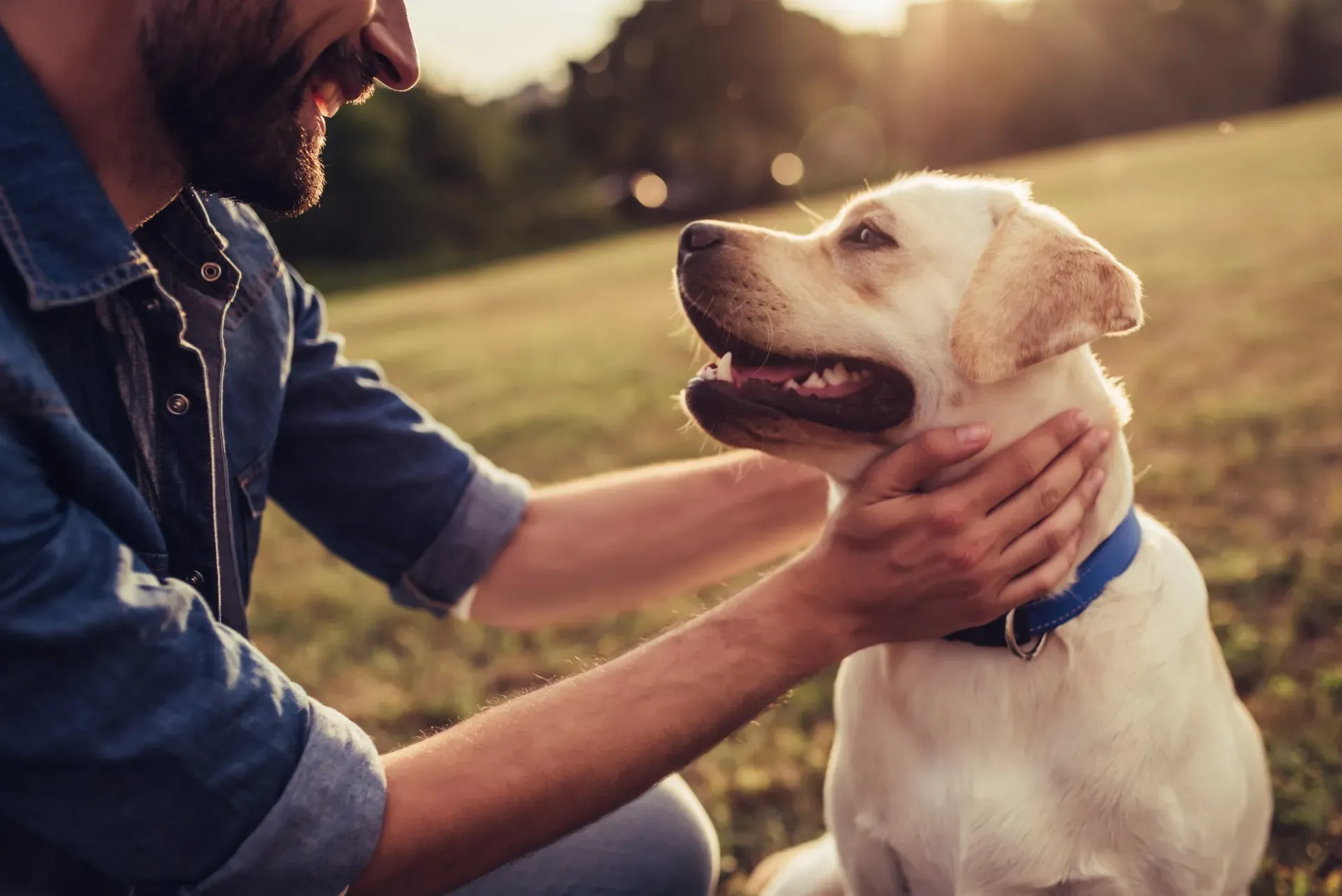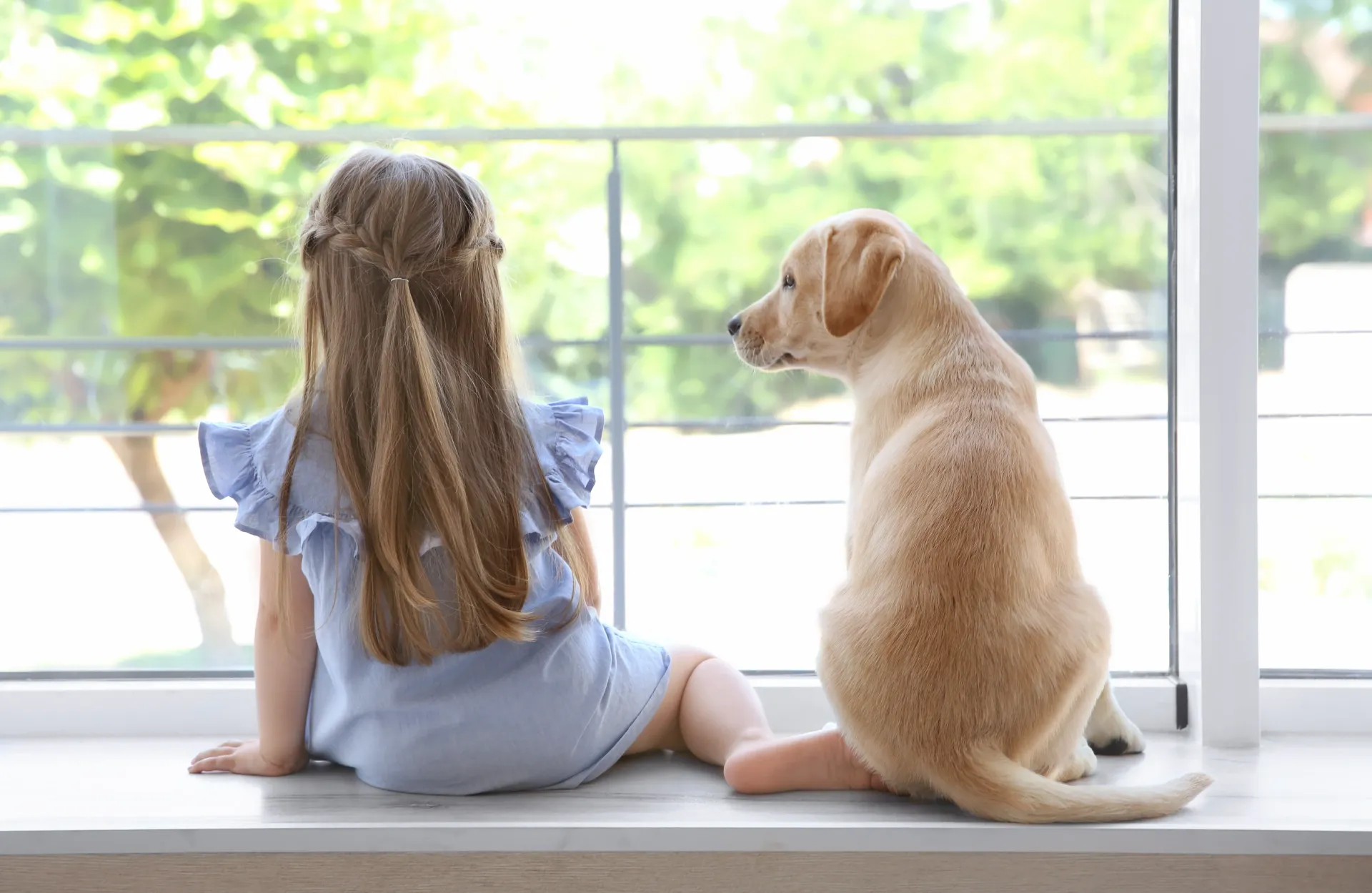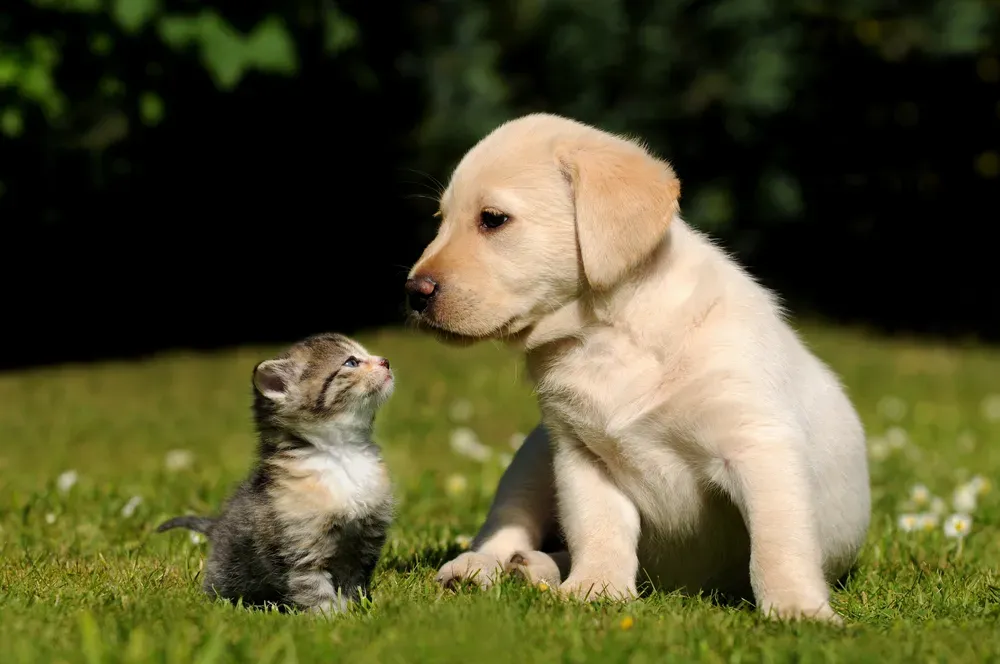Blog

Offering support to someone grieving the loss of a pet is often very similar to offering support to someone grieving the loss of a human family member. Please Do: –Be There—and Mean It. For many pet owners, it’s comforting just to know that there’s someone whom they can call when they need support. So, if you’re asked to help, do whatever you can to be there for them. –Take Time to Listen. Sometimes simply talking things through helps pet owners to process the reality of their pet’s death. Telling their story can be very healing and being a shoulder to cry on will mean more than you’ll realize. –Speak Up When the Time Is Right. Only offer opinions when asked. If your friend needs your input, ask questions so that you’re sure you have all the information you’ll need to give appropriate advice. You may even think of something that your friend hasn’t considered, which could help them journey through their grief. –Send Flowers or Make a Tribute Gift. A simple reminder of your sympathy can be a great pick-me-up. Tribute gifts are an excellent way to show your support, especially if the money goes toward animal research or to an animal shelter in their pet’s name. Please Don’t: –Pretend That Nothing Is Wrong .If you know your friend has lost a pet, be sure to reach out to offer your support and sympathy. –Bring Up the Age Issue. We all secretly hope that our pet will live forever. Mentioning an animal’s age isn’t helpful to someone who’s struggling with a pet’s mortality. –Avoid the Topic of Euthanasia. Pet owners who have chosen euthanasia often struggle over whether they made the right decision for their pet. It is a heart-wrenching process for anyone to go through and your friend may be feeling guilt on top of their loss. Please be supportive, empathetic ,and sympathetic without being judgmental. –Suggest Getting Another Pet. Beloved animals are not easily replaced. However, when they do get a new pet, celebrate the news without comparing that animal to their previous pet. Keeping all of these things in mind will help your friend know that you are there for them during this sad time.

Children Need to be Involved The death of a pet is often the first opportunity parents have to help children during times of grief. Unfortunately, parents often don’t want to talk about the death assuming that by doing so the children will be spared some of the pain and sadness. Children, however, are entitled to grieve for their pets. Any child old enough to love is old enough to grieve. And many children love their pets with all their hearts. As an adult, if you are open, honest and loving, experiencing the death of a pet can be a chance for children to learn about both the joy and the pain that comes from caring deeply for pets or for people. You may not experience the same depth of loss as your children when a family pet dies. You must still respect their grief and allow them to express it without feeling abandoned. Your response during this time can make the difference whether children’s first exposure to death will be a positive or a negative part of their personal growth and development. Premature Replacement Can Cause Problems The temptation after the death of a pet may be to run out and get another one right away. In fact, you are often encouraged to do so by family and friends. Although it may sound like a good idea, you should be careful about premature replacement. You need time to grieve and to heal when your pet dies. A new pet demands your energy and attention which at some point you may be ready and willing to give. Right now, however, you should first attend to your grief. Be especially careful about premature replacement of pets with children. It sends a message to a child that says when something is lost all that you have to do is buy another one. In reality, that is often not the case. It also devalues the significance of the pet that just died. While there is no specific timetable for when to get a new pet, when in doubt-wait. Allow for additional healing to occur. When the family is ready for a new pet, involve the children in the discussion and selection so they can feel a part of the decision.

A pet is often a member of the family. In fact, surveys show some interesting facts about pet owners: 84% consider their animals family members; 99% talk to their pets and 54% celebrate their pet’s birthday. The term “man’s best friend” brings to mind the unconditional love, constant companionship and acceptance we feel for our pets. And why not? Your pet can take you for a walk, listen when you need someone to talk to or even guard your house. A pet can also lower your blood pressure, change your heart rate, or alleviate feelings of chronic loneliness. With your capacity to love your pet comes the necessity to grieve when that “best friend” dies. The death of a pet is, without a doubt, a traumatic experience. This article is intended to help you and your family acknowledge the need to grieve at this time and to do so in a healthy way. Memories are the Best Legacies Memories are one of the best legacies after the death of a pet. Talk about and embrace these memories. Your pet entertained, comforted, frustrated but always loved you. Remember those times. If your memories bring laughter, smile. If they bring sadness, cry. Remember, though, memories made in love can never be taken away. Your Emotions Will Vary When your pet dies, you will probably experience a variety of emotions: confusion, disorganization, sadness, explosive emotions or guilt. Don’t repress these feelings and ignore anyone who tells you that you should. Don’t over-analyze your response. Just allow your feelings to find expression. As strange as some of these feelings may seem, they are normal and healthy. Each family member probably had a unique relationship with the pet. Allow for different emotional responses within the family and be careful to respect each person’s need to grieve in his or her own way.

It’s important for you to know that all pets should be treated with dignity and respect. It’s not “just a dog” or “just a cat” or “just any other breed of pet”. Your pet is a family member. With the death of that pet, you experience a significant loss. A difficult problem, however, is that society often denies you the need to grieve for your pet. You may even be chastised for openly and honestly expressing your feelings. As a result, your grief may be hidden or ignored. Please know you need to grieve the death of your pet and you’re allowed to do so in your own way and in your own time. Grieving means to express your feelings, no matter how painful, outside of yourselves. Give yourself permission to grieve this loss of your family member just as you would a human family member.


